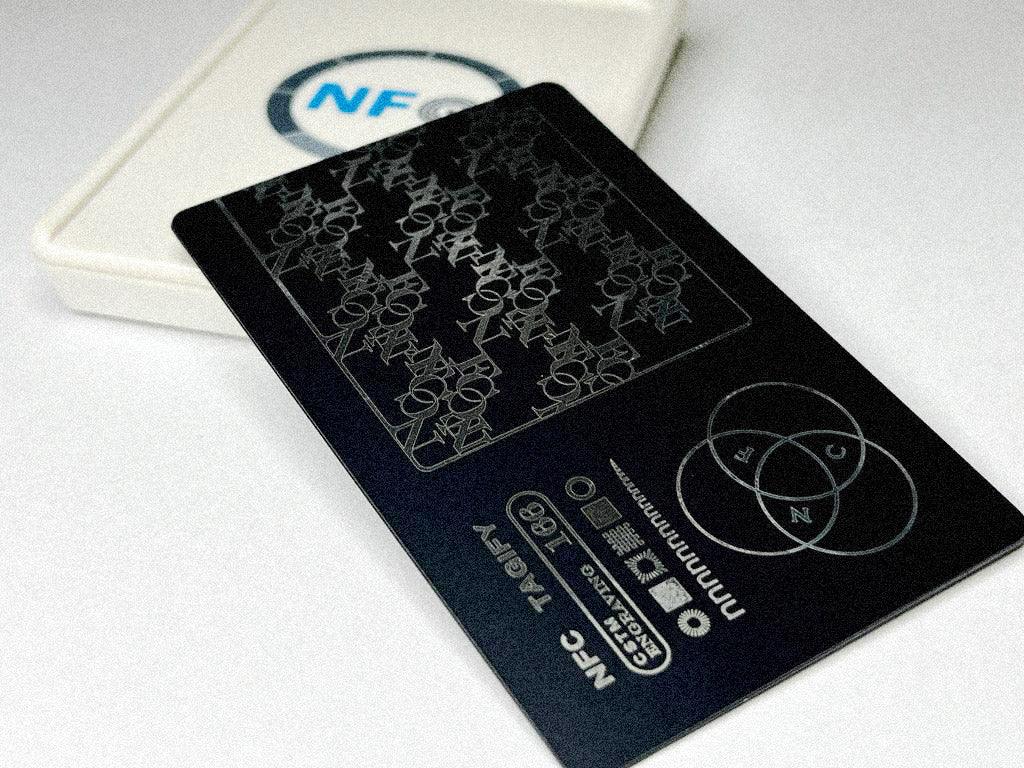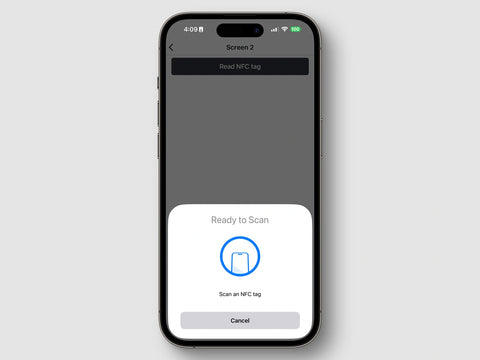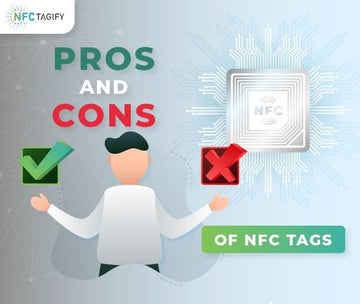How Organisations Can Use NFC Tags for Identity Verification

Contents
The adoption of Near Field Communication (NFC) technology is on the rise across various industries, primarily for identity verification. NFC smart tags offer a versatile and secure way to manage digital business cards, ID cards, and access control systems. This article delves into the different applications of NFC tags in identity verification and their benefits and drawbacks.
NFC for Digital Identity
NFC technology allows for the creation of digital IDs that carry essential personal information such as name, date of birth, address, and biometric data. These NFC-enabled IDs streamline introductions and access control, ensuring that only authorized personnel can access secure locations or devices. Such technology is particularly useful in business settings for employee identification and in educational institutions for student ID verification.
NFC in Onboarding and Identity Verification
The onboarding process is crucial for identity verification. NFC tags offer a secure way to verify identities, especially in remote environments where document forgery is a risk. With the increasing issuance of smart ID cards and e-passports embedded with NFC chips, this technology is becoming a vital tool in preventing fraud. NFC-based authentication can be a crucial component in meeting Know Your Customer (KYC) regulations.
NFC as Access Control
NFC tags serve as an effective solution for access control within organizations. Unique NFC cards or wearables can be issued to staff, allowing access to restricted areas while preventing unauthorized entry. This technology is also employed in residential settings like condominiums for secure access to rooms.

Advantages of NFC for Identity Verification
- Simplicity: NFC interactions require just a tap, making the technology user-friendly.
- Speed: NFC enables quick transmission of information and identity verification.
- Security: Data stored in NFC tags is secure, as it is difficult to tamper with and requires close proximity for access.
- Fraud Prevention: NFC tags, especially non-rewritable ones, significantly reduce the risk of information falsification.
Disadvantages of NFC for Identity Verification
- Cost: Implementing NFC technology can be expensive, requiring investment in NFC-enabled devices and infrastructure.
- Unfamiliarity: As a relatively new technology, NFC may be less known to some, raising concerns about its reliability.
Inconclusion
NFC tags offer a powerful tool for identity verification, combining ease of use, speed, and security. While there are challenges, such as cost and unfamiliarity, the advantages they provide in preventing fraud and enhancing access control make them a valuable asset for businesses. Companies like NFC Tagify are at the forefront of providing quality NFC solutions, offering options like eco-friendly wooden cards. As NFC technology continues to evolve, its role in identity verification and access control is likely to become even more significant.









